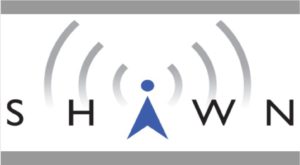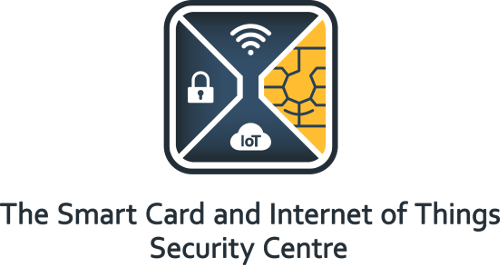Best Paper Award at Digital Avionics Systems Conference (DASC)
 A paper written by Raja Naeem Akram, Konstantinos Markantonakis, Sharadha Kariyawasam, Shahid Ayub, Amar Seeam, and Robert Atkinson, “Challenges of Security and Trust in Avionics Wireless Networks” has won the best paper award in the security track at IEEE/AIAA 34th Digital Avionics Systems Conference (DASC), September 2016.
A paper written by Raja Naeem Akram, Konstantinos Markantonakis, Sharadha Kariyawasam, Shahid Ayub, Amar Seeam, and Robert Atkinson, “Challenges of Security and Trust in Avionics Wireless Networks” has won the best paper award in the security track at IEEE/AIAA 34th Digital Avionics Systems Conference (DASC), September 2016.
The abstract of the paper is:
“Avionics networks have a set of stringent reliability and safety requirements. In existing deployments, most of these networks are based on wired technology, which provide a high degree of reliability and safety. Furthermore, it simplifies the security management of the network as certain assumptions including an inability for an attacker to access the network can be safely made. The proposal for having an Avionics Wireless Network (AWN), as being developed by multiple aerospace working groups, promises reduction in complexity of electrical wiring harness design & fabrication, reduction in wiring weight, increased configurability, and potentially monitoring of otherwise inaccessible moving or rotating aircraft parts. While providing these benefits, the AWN must ensure that it provides at a minimum the equivalent levels of safety offered by the wired network. Substituting the wired network for a wireless network, even for a specific set of well defined and non critical tasks, brings a whole set of new challenges related to assurance, reliability, and security. In this paper, we discuss the security and trust challenges an AWN deployment might face along with highlighting potential directions for solutions. Furthermore, as a case study we will elaborate on AWN deployment variants like Secure High-Availability Avionics Wireless Networks (SHAWN). Finally, the paper makes suggestions that set the agenda for security, reliability and trust work that could if successful provide an AWN system, meeting the required safety standards.”
